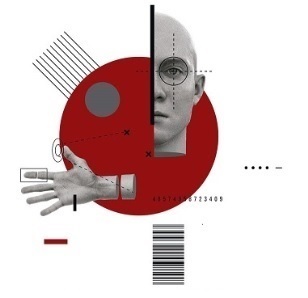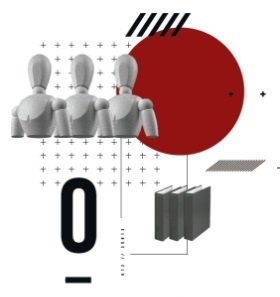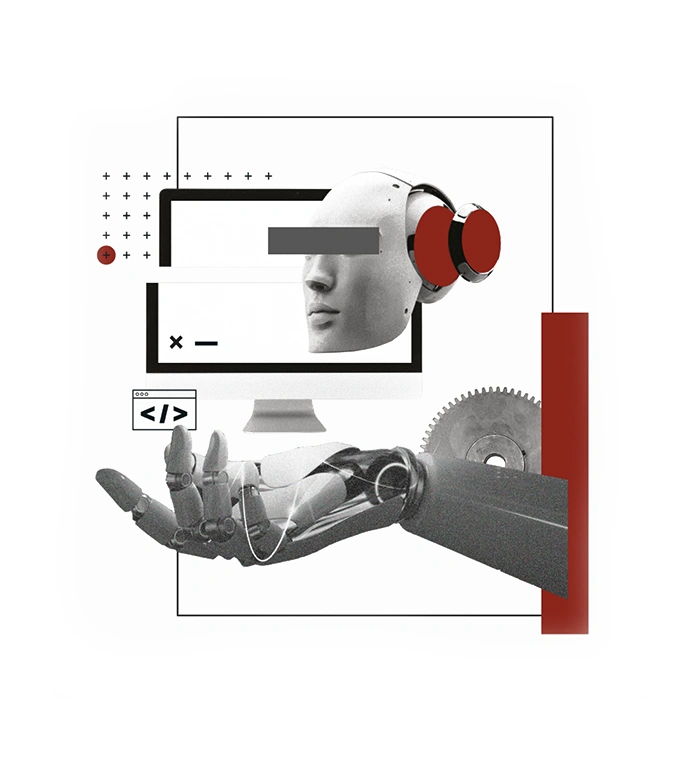In a very harsh way, this coronavirus pandemic is proving that in order to move forward, you have to adapt to the new.
However, many companies are struggling to cope with the constant and necessary change in their processes supported by information technology solutions. The agility and quality required of organizations versus the lack of collaboration between their information technology and business areas, as well as the lack of automation of tasks which, in turn, brings a high risk of human error, can lead to a series of problems, such as:
- Deliveries of new information technology solutions are not carried out within the agreed deadlines;
- Deliveries of evolutions, no matter how simple, are costly to make available to the organization's IT teams;
- Evolutions of software solutions have a high volume of errors after being deployed;
- High rate of rework by IT teams to reverse changes in production environments.
As a result of inadequacy, negative impacts on business become inevitable, such as monetary losses and, above all, losses related to the image that the market creates of the company throughout its relationship experience with it.
The main difference between the companies in the market that are managing to leverage their business and those that are still "skating" with the problems mentioned above lies in an acronym called DevOps. But what is DevOps anyway? Most people know that it involves automation, but let's understand it better.
According to Figure 1, in practice, and probably the best known explanation, it's less about development joining operations and more about collaboration, with developers joining infrastructure and operations, learning to code in order to create a more productive team, delivering more frequently and maintaining software through standards that can be replicated.
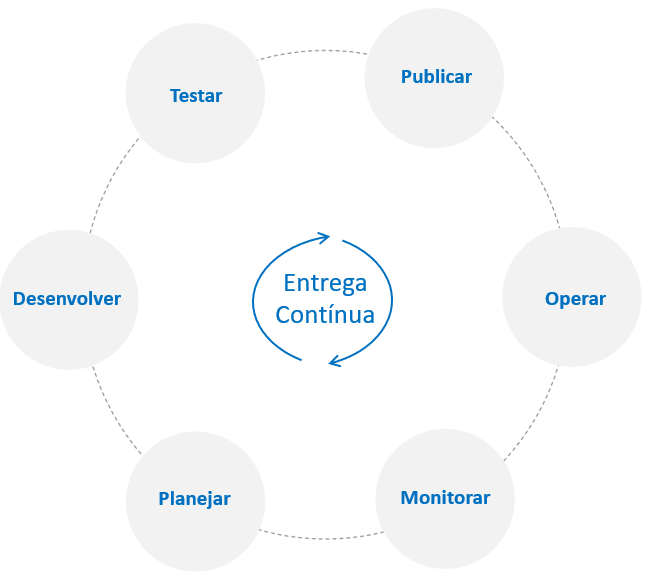

"DevOps is the union of people, processes and products to enable continuous and valuable deliveries to end users." Adopting its culture, practices and tools allows previously isolated functions to act in coordination to generate better and more reliable products in less time.
Figura 1: Conceitos sobre DEVOPS
And what are the market tools to support this technique? How can I adopt it?
The most concrete manifestation of DevOps in an organization is an automated path from development to the delivery of software to the customer. The existence of various market tools to support DevOps processes, as shown in Figure 2, demonstrates the importance of implementing this maturity in companies, and/or establishing partnerships with companies in the sector that already have this culture in their processes.
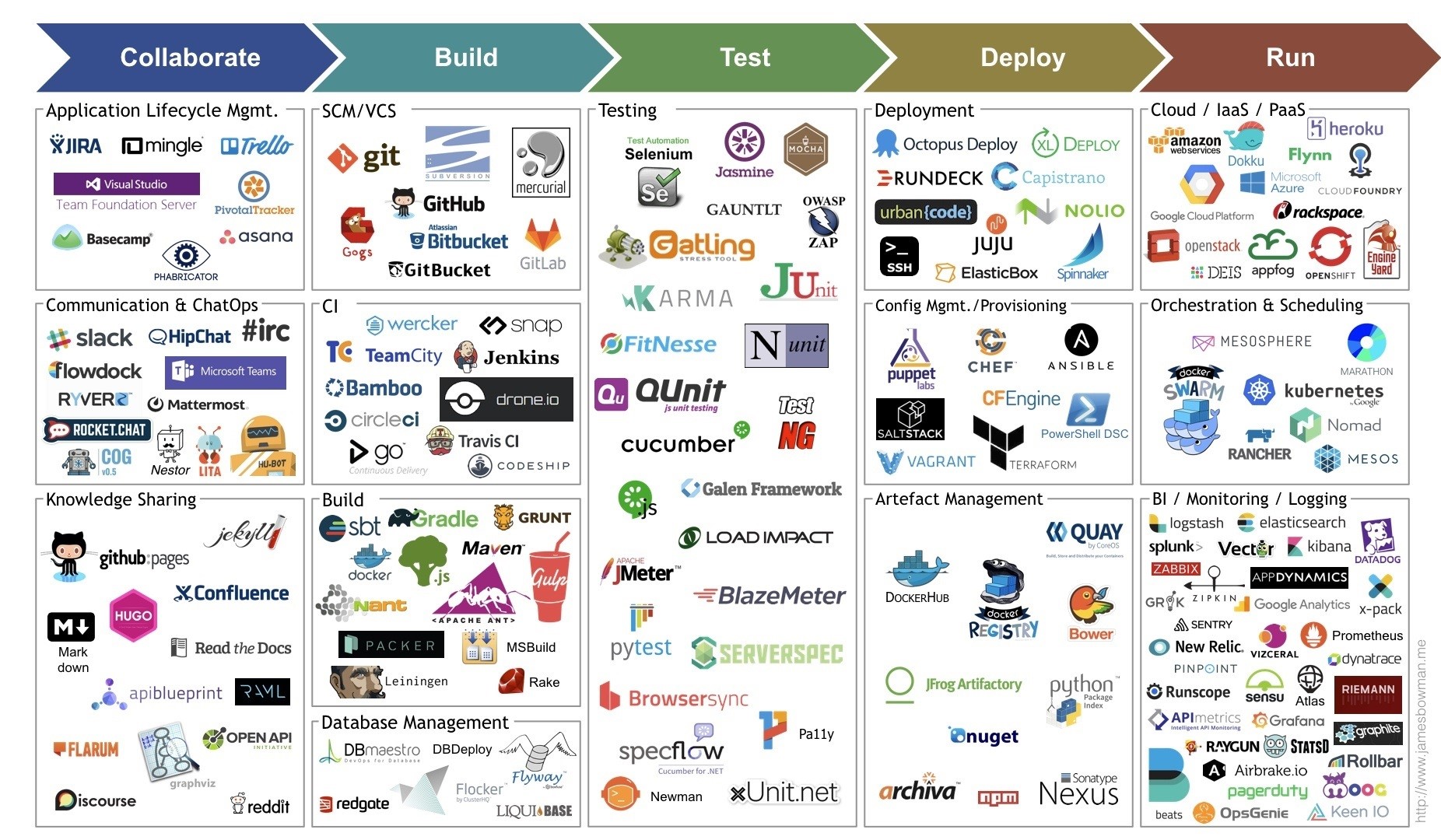

Thinking ahead to work now, MONTREAL has a team of experts in market processes and tools such as Azure DEVOPS, and applies these concepts from development to delivery of information technology solutions for its clients, partners and suppliers, involving Open Source (JAVA, Angular, React, NodeJS, IONIC, Flutter) and Market technologies (CSharp, Xamarin, SQLServer, Oracle), bringing numerous benefits:
- Greater productivity in the development, testing and delivery of information technology solutions;
- High code quality, guaranteeing sustainability over the lifetime of the solution;
- Adaptation to the market and competition through the use of standardized tools;
- Greater stability and reliability of information technology solutions;
- Shorter average time to recover from failures in business support systems;
- Acceleration of the development process through to the commercialization of new information technology solutions;
- Supporting the constant changes required in companies' business processes.
Now that you know that the DevOps culture involves people, tools and processes, and has a direct impact on the growth of companies and the quality of the information technology solutions that support the primary business processes of organizations, let's move on, shall we?
MONTREAL, the present future.
